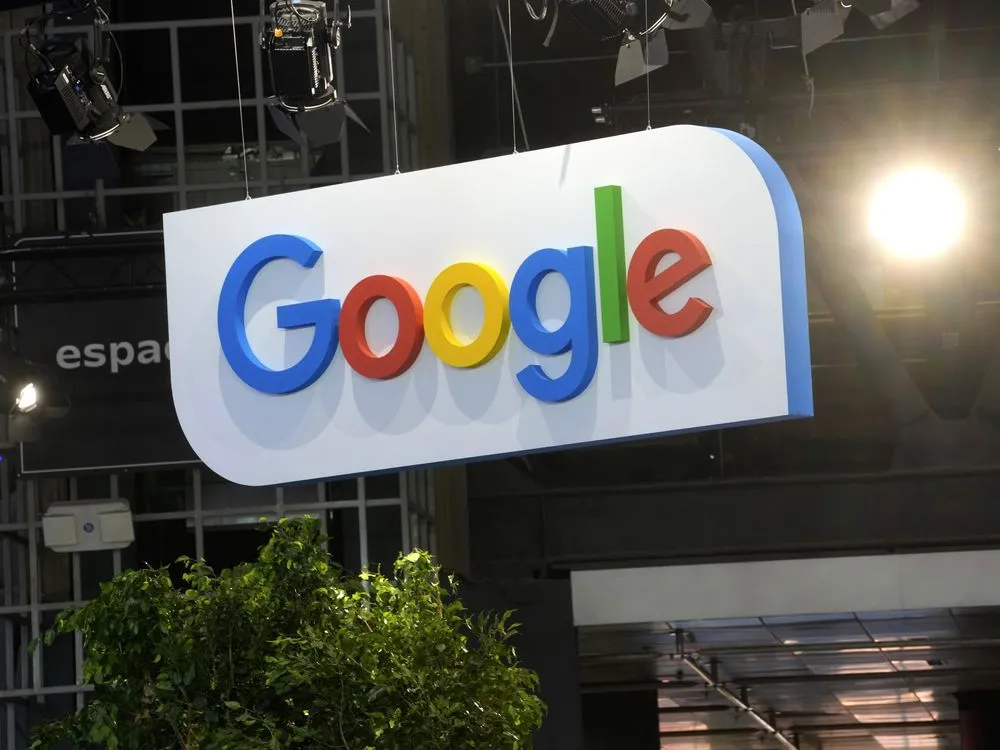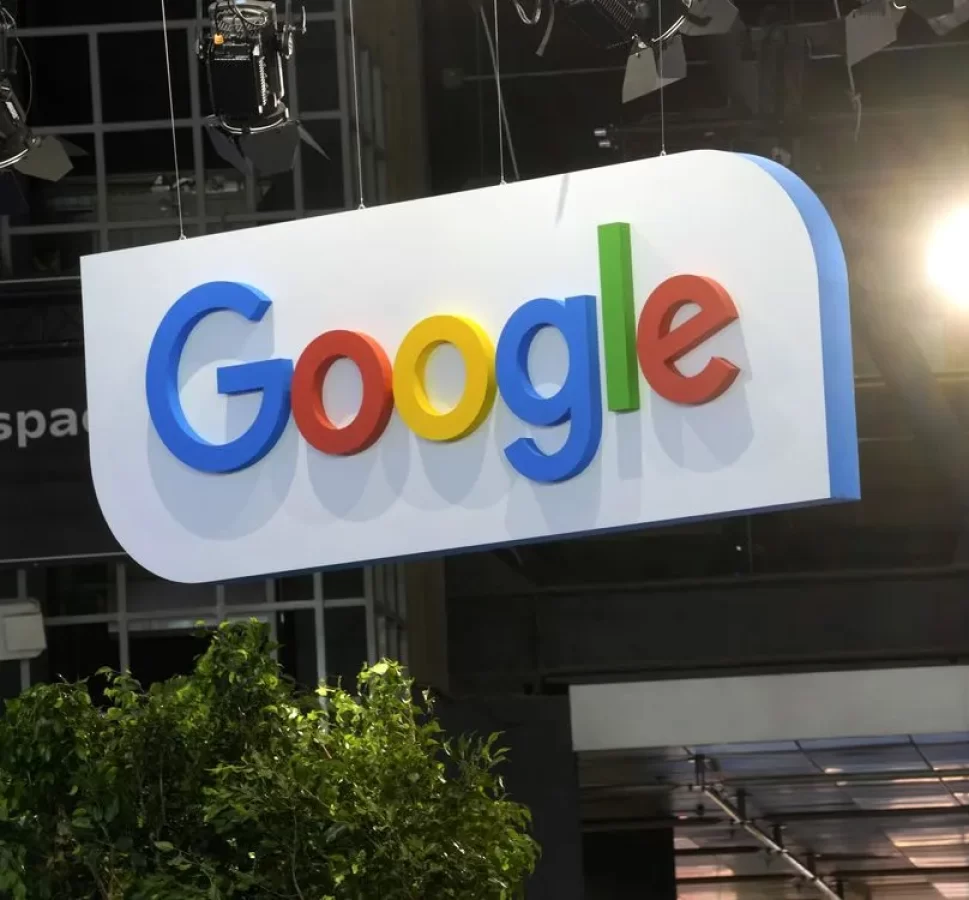
French Competition Authority says tech giant fails to respect commitments and negotiate in ‘good faith’ with publishers.
France’s competition watchdog has fined Google 250 million euros ($272m) for breaching commitments to media companies on content licensing.
The French Competition Authority said on Wednesday that it was imposing the fine as part of additional measures over a 2019 case that organisations representing French magazines and newspapers had lodged against the United States tech giant and other online platforms. The media outlets accused the tech companies of making billions from their content without sharing the revenue with those who gathered it.
In 2021, the watchdog fined Google 500 million euros ($592m) for failing to negotiate in good faith. The dispute appeared to be resolved in 2022 when the company dropped its appeal against the fine.
But in Wednesday’s statement, the authority said Google violated the terms of four out of seven commitments agreed in the settlement, including conducting negotiations with publishers in “good faith” and providing transparent information.
The watchdog said Google’s artificial intelligence-powered chatbot Bard – since rebranded Gemini – was trained on content from publishers and news agencies without notifying them.
Google has pledged not to contest the facts as part of settlement proceedings, the watchdog said, adding that the company also proposed a series of remedies concerning certain shortcomings.
The tech giant said it accepted the settlement “because it is time to move on”, adding: “We want to focus on the larger goal of sustainable approaches to connecting people with quality content and on working constructively with French publishers.”
It called the fine disproportionate and said the watchdog had not sufficiently taken into account its efforts “in an environment where it’s very hard to set a course because we can’t predict which way the wind will blow next”.
Limiting automatic data collection
The ruling is the fourth in as many years against Google for failing to comply with the European Union’s legal framework that aims to establish “necessary conditions for balanced negotiations between press agencies, publishers and digital platforms”.
In 2019, the EU created a form of copyright called “neighbouring rights” that allows print media to demand compensation for using their content.
France has been a test case for the rules and after initial resistance, Google and Facebook both agreed to pay some French media for articles shown in web searches.
The latest fine was imposed as many publishers, writers and newsrooms seek to limit the scraping – or automatic collection of data – of their online content by AI services without their consent of fair compensation.
The New York Times in 2023 sued Google rivals Microsoft and OpenAI, the creator of the popular AI platform ChatGPT, accusing them of using millions of the newspaper’s articles without permission to help train chatbots.
Other EU countries have also challenged Google over news content.
Spain’s competition watchdog launched an investigation into Google last year for alleged anti-competitive practices affecting news agencies and press publications.
In 2022, Germany’s antitrust regulator shelved an investigation into Google’s News Showcase service after the tech giant made “important adjustments” to ease competition concerns.






